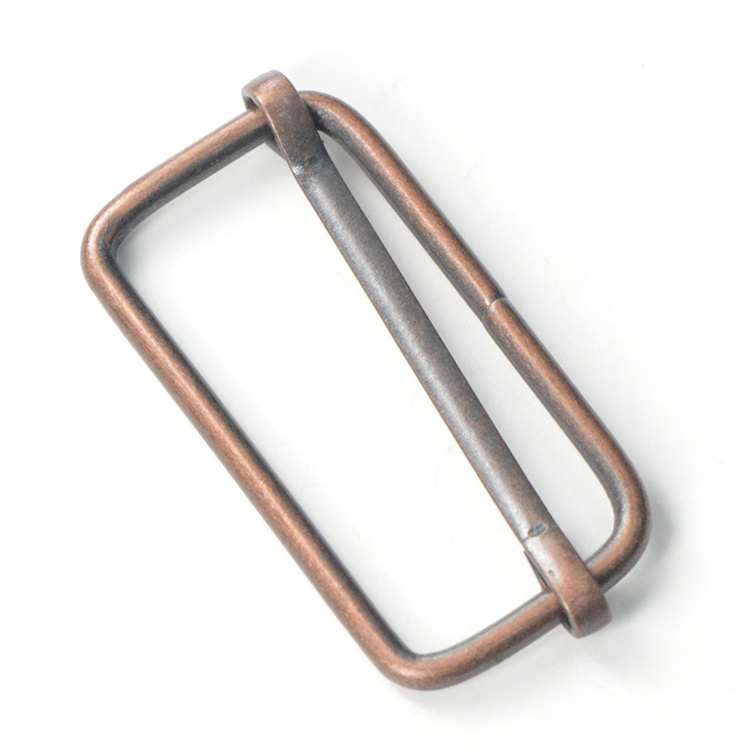Choosing the Right Heavy Door Hinges for Your Home: A Comprehensive Guide
2025-07-07

Choosing the Right Heavy Door Hinges for Your Home
When it comes to home improvement, selecting the right hardware can make a world of difference. **Heavy door hinges** play a vital role in the functionality and aesthetic of your doors, especially when dealing with heavy or solid doors. This comprehensive guide aims to equip you with all the essential knowledge needed to choose the right heavy door hinges for your home.
Table of Contents
1. Understanding Heavy Door Hinges: What You Need to Know
2. Different Types of Heavy Door Hinges
3. Materials Used in Heavy Door Hinges
4. Choosing the Right Size of Heavy Door Hinges
5. Installation Tips for Heavy Door Hinges
6. Maintaining Your Heavy Door Hinges
7. Common Issues with Heavy Door Hinges and Solutions
8. Conclusion: Making the Right Choice
9. FAQs about Heavy Door Hinges
Understanding Heavy Door Hinges: What You Need to Know
Heavy door hinges are specifically designed to support the weight and stress of heavier doors, such as solid wood, metal, or fiberglass doors. Unlike standard hinges, these hinges come with additional strength and durability features, making them essential for ensuring a smooth operation. Understanding the significance of heavy door hinges is crucial for any homeowner looking to enhance the functionality and longevity of their doors.
Why Heavy Door Hinges Matter
The choice of hinges directly impacts how smoothly a door opens and closes. Heavy doors can be cumbersome, and without the right hinges, they may sag, stick, or be difficult to operate. Investing in quality heavy door hinges ensures that your doors function correctly and remain aligned over time.
Different Types of Heavy Door Hinges
Choosing the right type of heavy door hinge is essential for meeting your specific needs. Here are some popular types you might consider:
1. Butt Hinges
Butt hinges are the most common type used in residential doors. They consist of two plates (leaves) that are fixed to the door and the frame, allowing for smooth pivoting. They come in various sizes, making them suitable for different door weights.
2. Continuous Hinges
Also known as piano hinges, continuous hinges run the entire length of the door. This design distributes weight evenly, making them ideal for very heavy doors. They provide excellent stability and are often used in commercial applications.
3. Offset Hinges
Offset hinges are designed to provide additional clearance between the door and the frame. They are particularly useful for doors that need to swing open wide or for applications where space is limited.
4. Spring Hinges
Spring hinges are equipped with a spring mechanism that allows the door to close automatically after being opened. These are particularly handy for heavy doors, as they ensure that the door remains closed when not in use.
5. Pivot Hinges
These hinges allow the door to pivot from a single point rather than swinging on a side. This design is particularly effective for heavy doors, creating a unique aesthetic while ensuring easy operation.
Materials Used in Heavy Door Hinges
The material of your heavy door hinge plays a significant role in its strength and durability. Here are some common materials used in the production of heavy door hinges:
1. Steel
Steel hinges are known for their exceptional strength and durability. They are ideal for heavy doors, particularly in commercial settings where constant use is expected.
2. Stainless Steel
For added corrosion resistance, stainless steel hinges are the way to go. They are perfect for areas with high humidity, such as bathrooms or kitchens, and maintain their appearance over time.
3. Brass
Brass hinges offer a classic look and are often used for decorative purposes. While they are not as strong as steel, they can still effectively support moderately heavy doors.
4. Aluminum
Aluminum hinges are lightweight and resistant to rust, making them suitable for exterior doors. However, they may not be ideal for the heaviest of doors.
5. Plastic
Plastic hinges are lightweight and typically used for lighter applications. They are not recommended for heavy doors due to their limited strength.
Choosing the Right Size of Heavy Door Hinges
Selecting the right size hinge is crucial for effective door operation. The size should correspond to the door's weight and dimensions. A general guide is that heavier doors require larger hinges. Here are some tips for determining the right size:
1. Measure Your Door
Start by measuring the height and width of your door. This helps to determine the appropriate hinge size based on manufacturer specifications.
2. Consider Door Weight
Typically, a heavy door weighs more than 60 pounds. Ensure the hinges can support this weight comfortably. A good rule of thumb is to use two hinges for doors up to 80 inches tall, adding additional hinges for taller and heavier doors.
3. Check Manufacturer Guidelines
Refer to manufacturer guidelines for specific recommendations on hinge sizes based on door weight and dimensions.
Installation Tips for Heavy Door Hinges
Proper installation is key to ensuring your heavy door hinges function effectively. Here are essential tips to keep in mind:
1. Use Quality Tools
Use high-quality screws and tools to ensure a secure installation. This will help prevent issues down the line.
2. Mark Your Positions
Before drilling, mark the positions where the hinges will be installed on both the door and the frame. This ensures accuracy and alignment.
3. Pre-drill Holes
Pre-drilling holes for screws can prevent wood from splitting and ensures a more secure fit.
4. Level the Door
Ensure the door is level before securing the hinges. This helps maintain proper alignment and prevents sagging.
5. Tighten Screws Securely
After installation, ensure all screws are tightened securely. Loose screws can result in operational issues over time.
Maintaining Your Heavy Door Hinges
Regular maintenance can prolong the life of your heavy door hinges and ensure optimal performance. Here are some maintenance tips:
1. Clean Regularly
Dust and debris can accumulate on hinges over time. Regularly clean the hinges to keep them functioning smoothly.
2. Lubricate Frequently
Use a suitable lubricant, such as silicone spray or graphite powder, to reduce friction and noise. Lubricate hinges every six months to a year for best results.
3. Inspect for Damage
Regularly inspect hinges for signs of wear or damage, such as rust or bent pins. Address any issues immediately to prevent further problems.
4. Tighten Screws as Needed
Check screws periodically to ensure they remain tight. Loose screws can cause the door to sag or become misaligned.
Common Issues with Heavy Door Hinges and Solutions
Even with the best heavy door hinges, issues can arise. Here are some common problems and how to address them:
1. Squeaking Noises
Squeaking often indicates the need for lubrication. Apply lubricant to the hinges to eliminate the noise.
2. Doors Sagging
Sagging doors can occur due to loose screws or inadequate hinge size. Check screws and tighten them, or consider upgrading to larger hinges.
3. Misaligned Doors
If your door is misaligned, adjust the hinges or reinstall them to ensure proper placement.
4. Rust and Corrosion
Rust can be a significant issue, especially for outdoor doors. Regularly clean and lubricate hinges to prevent rust formation.
5. Difficulty Opening or Closing
If a door is difficult to operate, check for debris, misalignment, or inadequate lubrication. Address these issues as needed.
Conclusion: Making the Right Choice
Choosing the right heavy door hinges is a crucial step in ensuring your doors operate smoothly and effectively. By understanding the different types, materials, sizes, and installation techniques, you can make informed decisions that enhance the overall functionality and comfort of your home. With proper maintenance, your heavy door hinges will serve you well for years to come, adding ease and security to your living space.
FAQs about Heavy Door Hinges
1. What weight capacity do heavy door hinges typically support?
Heavy door hinges can support weights ranging from 60 to over 300 pounds, depending on the size and material.
2. How often should I lubricate my heavy door hinges?
It is recommended to lubricate heavy door hinges every six months to a year to ensure smooth operation.
3. Can I install heavy door hinges myself?
Yes, with the right tools and knowledge, you can install heavy door hinges yourself. Follow manufacturer guidelines for best results.
4. What should I do if my door is sagging?
Check for loose screws and tighten them. If issues persist, you may need to upgrade to larger hinges.
5. Are there specific heavy door hinges for exterior doors?
Yes, look for heavy door hinges made from corrosion-resistant materials, such as stainless steel, for exterior applications.
PREVIOUS:
Contact Us
E-mail :
ivyhinge@163.com
Phone/WhatsApp:
+86 18924942354
Address:
XIAOLAN TOWN,ZHONGSHAN cIty,GUANGDONG province,China



